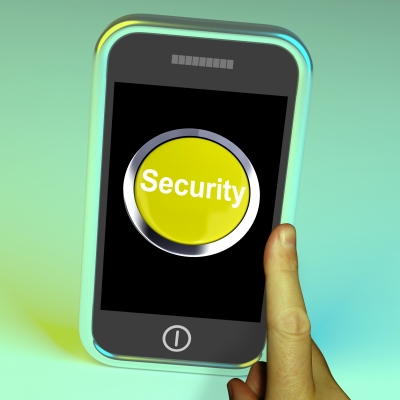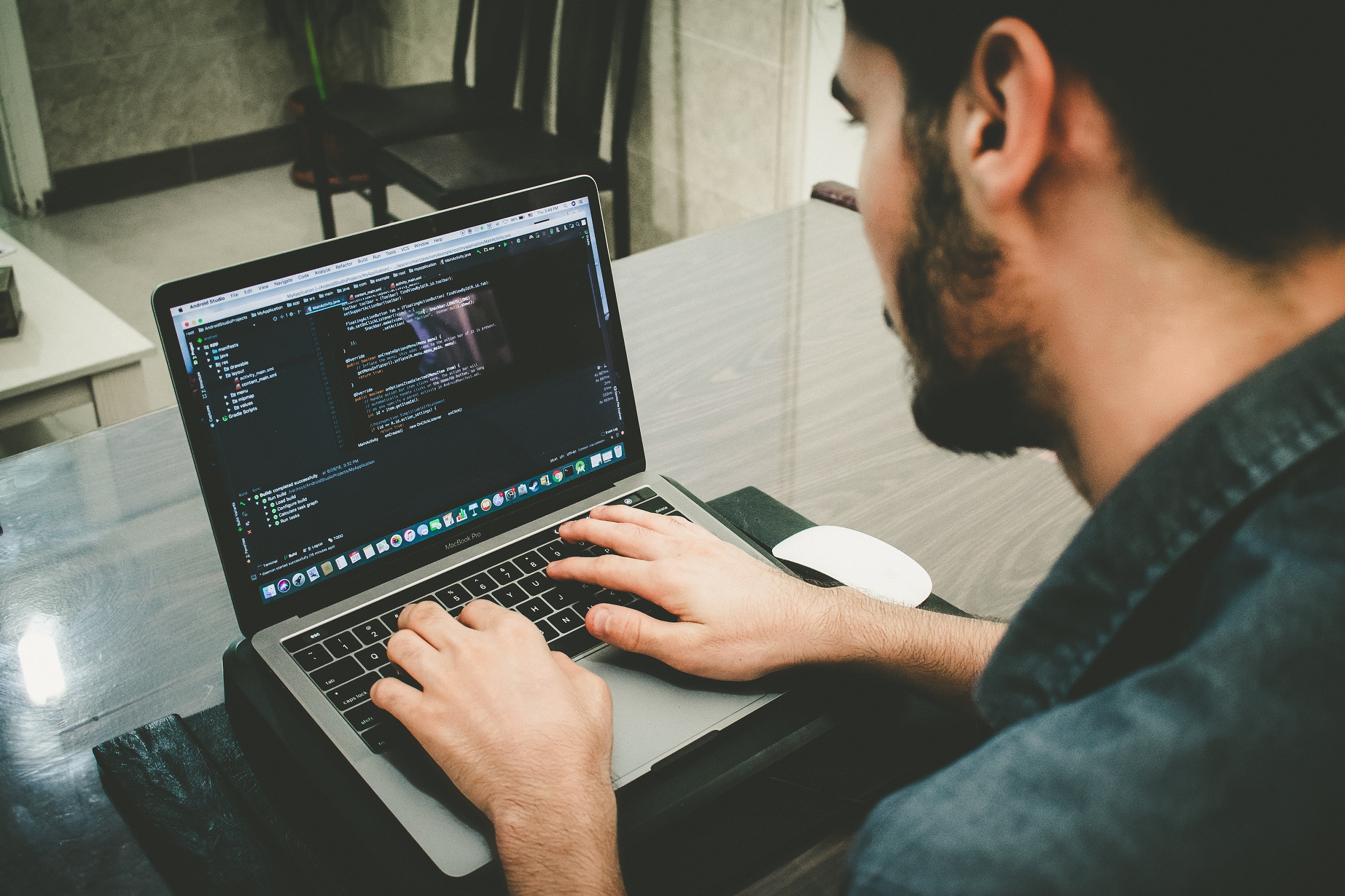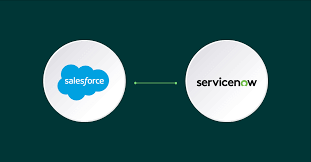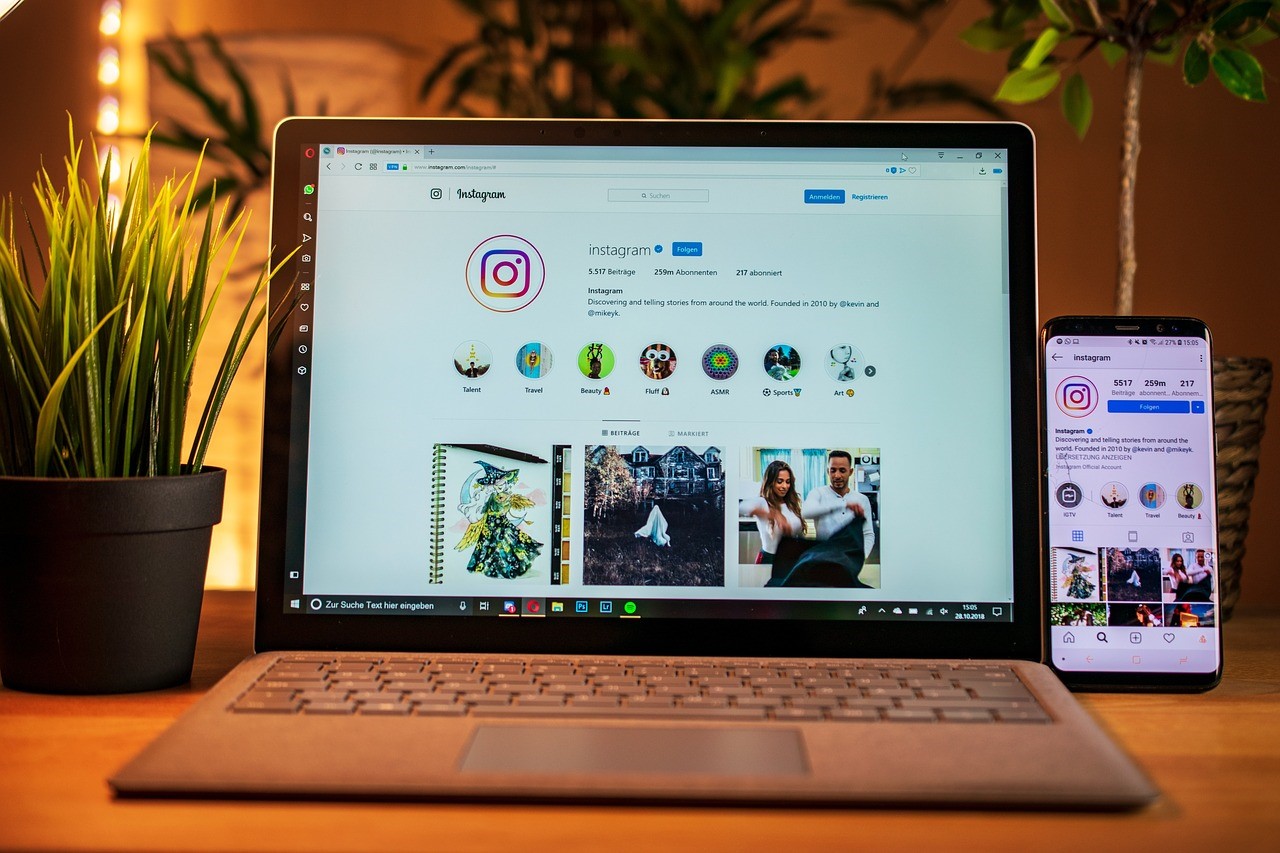With the myriad of things we are able to do online from paying our bills to shopping, a lot of sensitive data is at risk of exposure, from bank account numbers to personal information that makes it easy for someone to steal our identity. For the most part, the sites we enter are safe, and the chances of our information being compromised is relatively small considering the amount of people online; but, don’t let this lull you into a false sense of security. It is still important to take steps to keep your information safe; you don’t want to do anything that increases your risk of becoming one of the ‘unlucky ones.’
Get a Good Software to Protect against Viruses and Other Threats
This tip may seem pretty obvious, but many studies of online behavior in both the home and business often uncover a similar trend—the absence of basic security software designed to protect your computer and the information it holds. This is one basic step that can make a world of difference, and you don’t even need to pay for it. You can find a variety of quality programs absolutely free-look at sites like CNet to review your options and download.
And, make sure you are always running the most current version, and updating as required.
Protect Your Router
According to this informative article Hackers’ New Tool in Data Theft: Home Routers, one of the emerging threats to your personal information online is attacks on your router. Hackers intercept communications between your computer and the destination site, such as your bank, and steal your financial information. The aforementioned antivirus protection is one of the most important steps you can take; make sure your router is password protected, and your password has at least eight characters. It should be a mix of letters, numbers and symbols, and should not have any words that are found in the dictionary.
Regularly install any updates to the firmware—these updates are meant to protect you from vulnerabilities as they are discovered. If you don’t remain current with them, you are putting your information at risk.
Be Careful What You Share on Social Media
In the age of social media, the amount of information available about people and their lives is ever-increasing. Even the most innocent information could make your vulnerable to hackers by feeding them facts that can be used to answer challenge questions to authenticate your identity when accessing your accounts online.
Read Privacy Policies
If you are like most people, you probably just click through privacy policies, terms of use, etc.. and just click ‘proceed,’ agree’, etc…and it’s understandable. It is filled with a bunch of jargon, and it can be quite dense. In most cases, there will not be any repercussions for doing this. But, if you are serious about keeping your information safe, it is probably a good idea to at least browse through, and zero in on the parts that discuss how the site protects your data, whether it shares any of it with a third party and how it uses the information.





